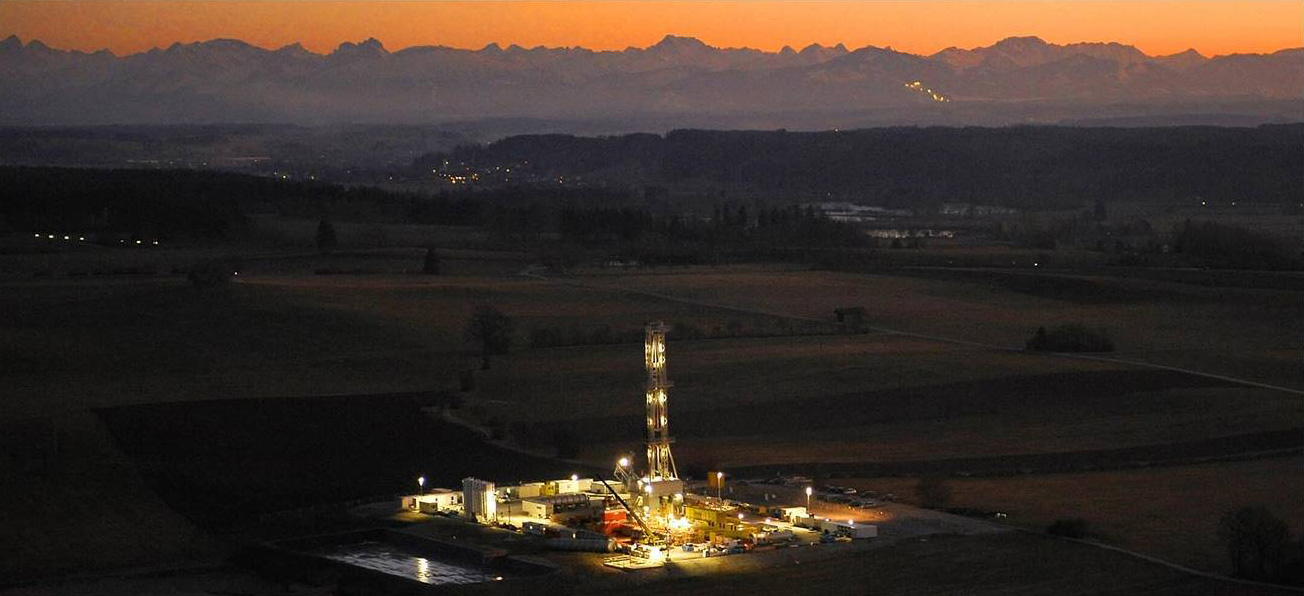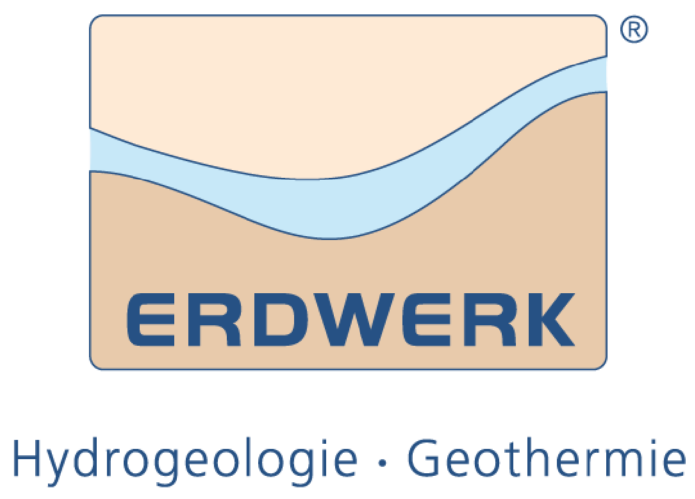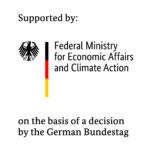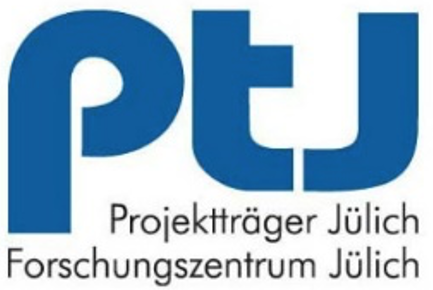The research project: Is there a connection between deep geothermal energy and seismicity?
The INSIDE research project takes a closer look at deep subsurface stress redistribution as a geophysical process near geothermal boreholes.
Stress redistribution and seismicity occur at tectonic plate margins or in zones of weakness in the Earth’s crust (e.g. fault lines) all around the world – largely uninfluenced by humans. Stress builds up over (geological) time and is transferred into the continental hinterland, but that stress decreases significantly with increasing distance and only very few noticeable seismic events actually take place. Tectonic events in southern Germany, for example, are what formed the Alps over millions of years.
Using a combined scientific and technological approach for research and plant operations, INSIDE is now investigating the possible effects of geothermal operations on this aspect of geology in order to answer the following questions:
- What geophysical processes occur in the subsurface during geothermal operations?
- How should existing seismicity monitoring be evaluated from a scientific point of view?
- Do geothermal operations with ground subsidence/uplifting (in millimeters) have an impact on the surface?
- Can stress redistributions in the subsurface be reproduced by numerical models?
INSIDE has therefore set three main tasks for itself:
- The further development and expansion of active and passive monitoring to continuously record seismicity and ground uplifting/subsidence with a comparison of the performance of innovative and established measurement techniques and configurations.
- The further development and implementation of innovative numerical modeling to describe and predict induced seismicity and ground uplifting/subsidence in an urban environment.
- The real-time integration of measured data and modeling into the operational processes of a geothermal project.
INSIDE is short for “Investigation of INduced Seismicity and ground Deformation” as it relates to interference in the operation of geothermal plants in the Bavarian Molasse Basin.
THE PARTNERS: A vigorous alliance
INSIDE is a collaborative project with three partners – Karlsruhe Institute of Technology (KIT), Stadtwerke München GmbH (SWM) and Innovative Energie für Pullach GmbH (IEP) – all supported by the geology experts at Erdwerk GmbH. From the operator’s point of view, SWM and IEP hope to gain an even better understanding of what is happening underground and to deduce possible correlations with deep geothermal energy. KIT provides a scientific perspective in this context.
As the local energy supplier for the community of Pullach in southern Munich, IEP has been operating a geothermal plant since 2005. Along with SWM, IEP is one of the pioneers of geothermal energy in the region. Their aim is to sustainably convert Pullach’s heat supply to geothermal energy over the long term. In addition to that, IEP is planning a joint geothermal network project with SWM.
KIT (Karlsruhe Institute of Technology) is a renowned technical university and an important, large-scale research institution all in one. The roots of the educational establishment date back to the year 1825, but KIT morphed into its present manifestation when the former Universität Karlsruhe (TH) and the Forschungszentrum Karlsruhe merged in 2009. The work being done at KIT ranges from basic research and applied, industry-oriented research to small projects and long-term, large-scale research projects. The Institute of Applied Geosciences, the Geophysical Institute, and the Geodetic Institute are the KIT institutes involved in this project.






